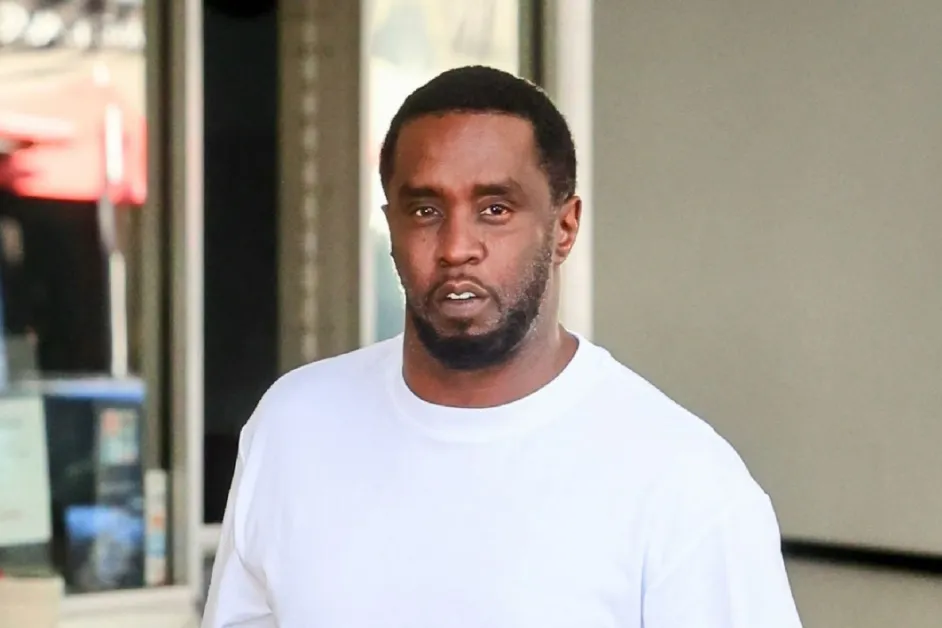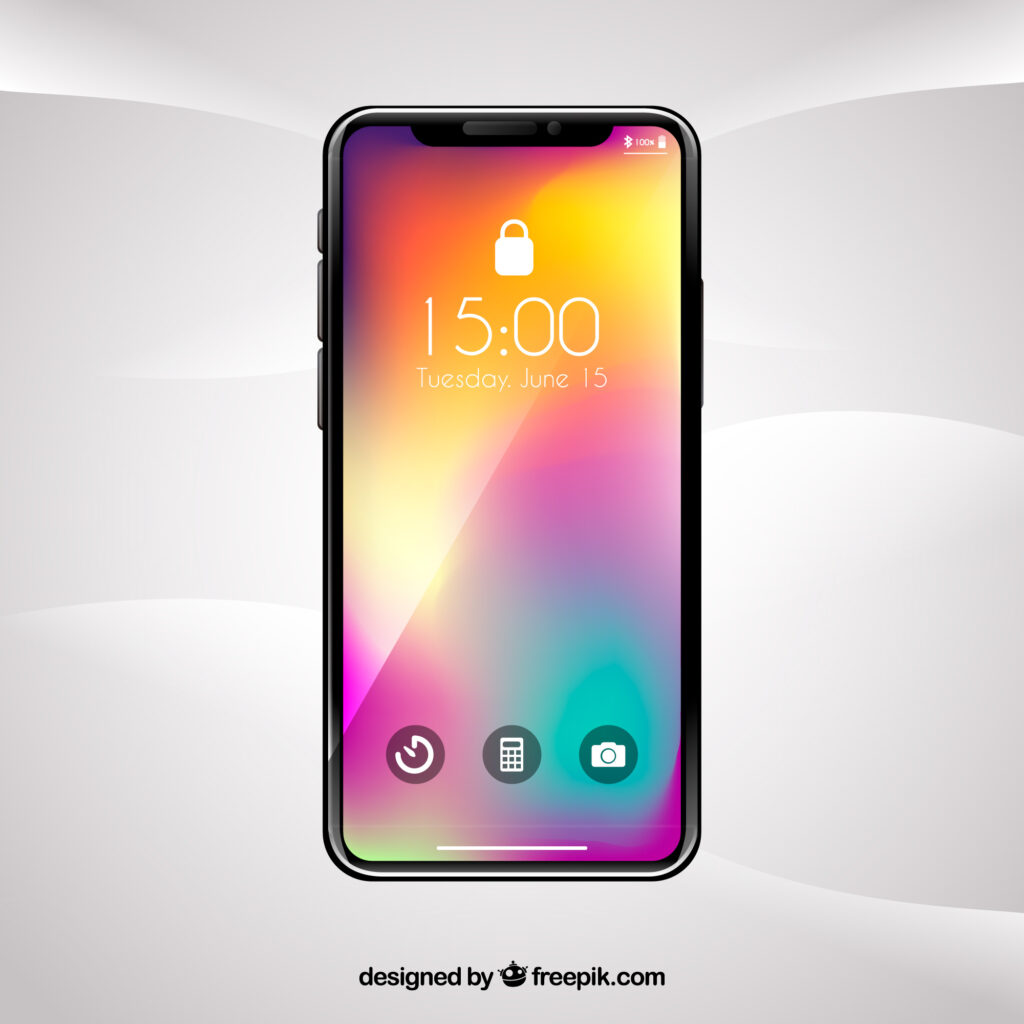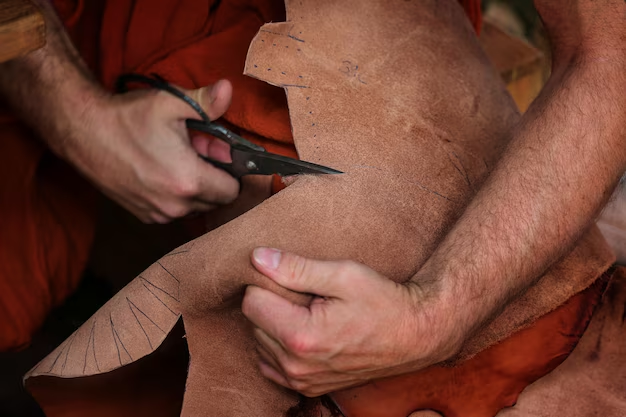When people hear the name P Diddy, they immediately think of more than just a musician. Behind the stage name is Sean Combs, an American rapper, record producer, entrepreneur, and cultural icon. Over the past three decades, he has become one of the most influential figures in hip-hop and popular culture. Known for his ability to reinvent himself, he has gone by several names — Puff Daddy, P. Diddy, Diddy, and Love — but no matter the name, his impact remains consistent.
P Diddy is not only recognized for his music but also for his contributions to business, fashion, and entertainment. From launching artists through his record label to creating a fashion empire and starring in media ventures, he has built a career that blends art with entrepreneurship. At the same time, his journey has been marked by challenges, controversies, and reinventions. Understanding P Diddy’s story provides insight into both his personal legacy and the evolution of hip-hop culture itself.
Early Life and Rise to Fame
Sean Combs was born on November 4, 1969, in Harlem, New York City, and raised in Mount Vernon. His early years were shaped by the struggles of growing up in a working-class environment. Tragedy struck when his father was murdered in 1972, leaving his mother to raise him and his sister alone. These experiences deeply influenced his drive to succeed.
After attending Howard University in Washington, D.C., Combs showed a sharp eye for business and music. Although he did not complete his degree, his time at Howard was formative. He organized parties, learned the mechanics of marketing, and began building the connections that would later define his career.
His first major industry role came as an intern at Uptown Records, where he quickly rose through the ranks due to his energy and work ethic. At Uptown, he helped shape the early careers of artists like Mary J. Blige and Jodeci. This foundation prepared him for his bold move: launching his own label.
Building Bad Boy Records and Shaping Hip-Hop
In 1993, P Diddy founded Bad Boy Records, a decision that changed the trajectory of hip-hop. With a clear vision, he set out to create a label that combined street authenticity with mainstream appeal. His greatest early success came with Christopher Wallace, better known as The Notorious B.I.G. (Biggie Smalls). Together, they transformed East Coast rap, producing hits that remain classics today.
Bad Boy Records became home to a roster of influential artists, including Faith Evans, Mase, 112, and Total. Through these acts, P Diddy shaped the sound of the 1990s, blending smooth R&B hooks with hard-hitting rap verses. His productions often carried a polished sound that made hip-hop more accessible to a wider audience.
The label’s influence extended beyond music. It symbolized an era where hip-hop shifted from underground culture to global dominance. The tragic death of The Notorious B.I.G. in 1997 marked a turning point, but P Diddy carried the legacy forward, ensuring Bad Boy remained a powerhouse in music for years to come.
Musical Journey and Stage Name Evolutions
As an artist himself, P Diddy released several albums that gained both commercial and critical success. His debut, “No Way Out” (1997), featured the emotional tribute “I’ll Be Missing You,” dedicated to Biggie. The song became a worldwide anthem and won a Grammy Award.
Throughout his career, he released projects like “Forever” (1999), “The Saga Continues…” (2001), and “Press Play” (2006). While some critics debated his lyrical abilities, his influence as a producer and performer was undeniable.
Equally fascinating is his history of name changes. He began as Puff Daddy, later shortened it to P. Diddy, then to Diddy, and in recent years, adopted the name Love or Brother Love. Each shift reflected both a personal reinvention and a branding strategy, keeping him relevant in a rapidly changing industry. These transformations became part of his identity, showing how reinvention can be a powerful tool in entertainment.
Expanding Beyond Music: Fashion, Media, and Business Ventures
P Diddy has always been more than a musician. In 1998, he launched Sean John, a fashion brand that became one of the most recognizable names in urban clothing. With its sleek designs and strong presence in department stores, the brand won awards and cemented his place as a fashion entrepreneur.
His ventures extended into beverages, most notably his partnership with Cîroc Vodka, where he became not just a promoter but also a brand-builder. This collaboration showcased his marketing genius, as Cîroc became strongly associated with luxury and nightlife culture.
Television and media also played a role in his empire. He appeared in reality shows, hosted events, and eventually launched REVOLT TV, a network dedicated to music and culture. These moves highlighted his ability to diversify, blending creativity with business acumen.
Together, his ventures demonstrate a consistent pattern: P Diddy saw opportunities beyond music and used his influence to create long-term wealth and cultural relevance.
Cultural Impact and Influence on Future Generations
Few figures in hip-hop carry the cultural weight of P Diddy. Through Bad Boy Records, he helped shape the careers of artists who went on to inspire entire generations. His polished production style influenced the sound of modern R&B and hip-hop, while his own performances showed how rap could cross into mainstream pop culture.
Beyond music, he became a model for hip-hop entrepreneurship. He proved that rappers could also be business leaders, setting the stage for others like Jay-Z and Dr. Dre to follow similar paths. His success in fashion, branding, and media expanded the possibilities for artists to become global moguls.
For younger artists, P Diddy’s story is both inspirational and cautionary. On one hand, it shows the rewards of ambition, vision, and reinvention. On the other, it reflects the pressures and scrutiny that come with fame. His cultural presence continues to spark conversations about identity, resilience, and the evolving role of hip-hop in society.
Controversies and Challenges Along the Way
Like many high-profile figures, P Diddy’s career has not been without setbacks. Over the years, he has faced legal challenges, lawsuits, and public scrutiny. Some involved business disputes, while others were linked to personal relationships and serious allegations.
Recent years have brought particular attention to accusations of misconduct and criminal investigations. These issues have shaped how the public views him, raising debates about accountability and legacy in the entertainment industry.
Despite these controversies, P Diddy has often found ways to rebuild and continue his career. The tension between his achievements and challenges makes his story complex — one that reflects both triumph and turbulence.
P Diddy Today: Current Projects and Public Image
As of 2025, P Diddy remains an active, though polarizing, figure. His music presence has slowed compared to his peak years, but his influence in business and culture continues. His media network, fashion legacy, and branding ventures still carry his imprint.
Public opinion is divided. For some, he is still celebrated as a trailblazer who transformed hip-hop into a global force. For others, his controversies overshadow his contributions. Regardless of perspective, his name continues to generate conversation, proving that his presence in culture is far from irrelevant.
Conclusion: The Lasting Legacy of P Diddy
The story of P Diddy is one of ambition, reinvention, and influence. From his early days in Harlem to his rise as a global mogul, he has left an indelible mark on music, fashion, and entrepreneurship. His achievements show what is possible when creativity meets business vision.
At the same time, his journey also reflects the challenges of fame, the weight of public scrutiny, and the consequences of personal choices. Whether viewed as a visionary or a controversial figure, P Diddy remains a central name in hip-hop’s evolution.
As new generations of artists and fans look back, his story continues to matter. It is a reminder of how one individual can shape culture, inspire ambition, and spark conversations that last well beyond the music charts.




